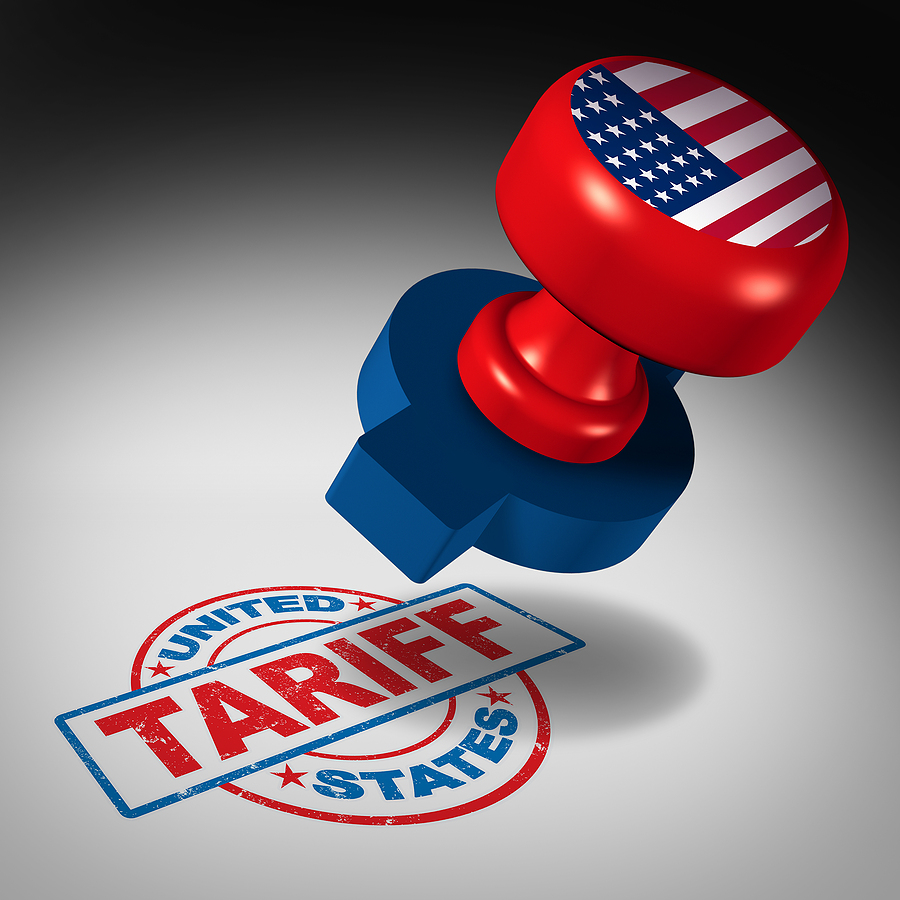Long before Donald “Tariff Man” Trump rode down the golden escalator and changed the GOP, another revolutionary Republican had this to say about trade policy:
“When someone says, ‘Let’s impose tariffs on foreign imports,’ it looks like they’re doing the patriotic thing by protecting American products and jobs. And, sometimes for a short while, it works, but only for a short time. But over the long run, such trade barriers hurt every American worker and consumer.”
That was Ronald Reagan, whose words appeared in a TV ad run by the Canadian province of Ontario that outraged Trump.
Tariff resistance isn’t found in the land of hockey and poutine. While Trump has ushered in an era of high tariffs and trade restrictions, some in his party continue to reject his policies.
Recently, the Senate passed a resolution ending Trump’s 50 percent tariffs on Brazil, a bill proposed by Democrats and backed by five Republicans: Susan Collins of Maine, Mitch McConnell and Rand Paul of Kentucky, Lisa Murkowski of Alaska, and Thom Tillis of North Carolina.
Other Republicans are largely sticking with Trump while expressing concerns about his tariff approach.
In August, Senate Majority Leader John Thune of South Dakota said of Trump’s tariff approach, “There are all kinds of implications. … We don’t know what the economic impacts are going to be. We’re all paying attention, and I think the entire country is (paying attention) to the implications of what’s been proposed by the administration.”
In August, a manufacturer reported that tariffs increased costs along all of its supply chains and estimated the tariffs would cost $1.8 billion in 2025.
Republicans who watch the economy closely aren’t surprised.
“The notion that tariffs axiomatically create manufacturing jobs is simply not backed by much evidence,” said Ike Brannon, a former economist for the Office of Management and Budget and U.S. Treasury. “In my hometown of Peoria, Illinois, Caterpillar manufactures thousands of pricey tractors, most of which are exported. Tariffs on imported tractors only hurt them — as they’re usually matched by tariffs on the goods they export — and the steel tariffs have increased their cost of doing business, making them even less competitive abroad.”
At a roundtable sponsored by InsideSources, Americans for Tax Reform president Grover Norquist said: “We now have a new project line going on, particularly with healthcare, which are tariffs. Tariffs are taxes, and when you have tariffs on things coming into the United States, you raise the cost to Americans of what’s being brought in. We are raising tariffs on X product. X product is now more expensive. Other things might become less expensive, but what’s tariffed does get more expensive.”
The issue is remarkably prescient in light of the Trump administration’s push for a “Most Favored Nation” (MFN) pricing model to lower costs for prescription drugs purchased through federal programs. MFN pricing models aim to secure the best deal for American consumers by linking Medicaid drug prices to the lowest prices paid for medications by foreign governments.
“America didn’t become the world’s biotech leader through central planning. We got here when Washington, in a rare moment, actually loosened its regulatory grip,” said Vance Ginn, a staff economist at Americans for Tax Reform. “We’re at a crossroads. Either we let markets breathe or we smother innovation with more government control.”


